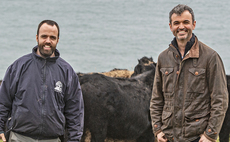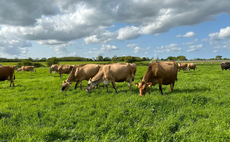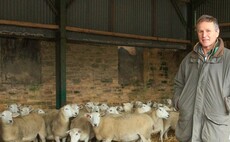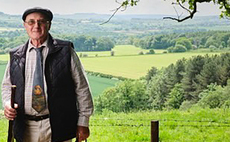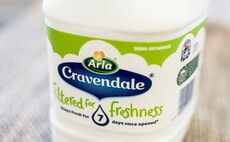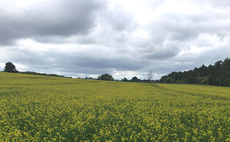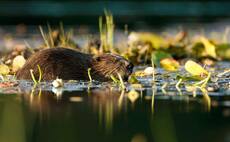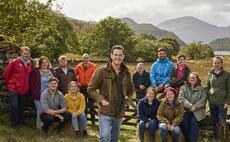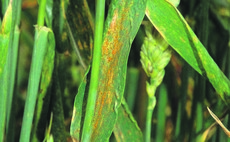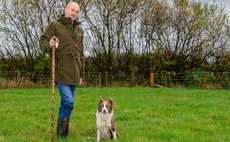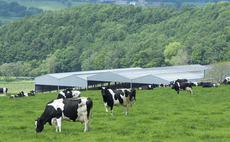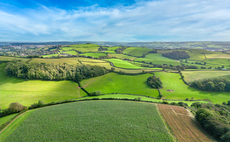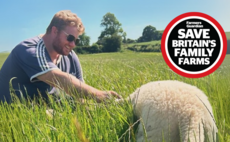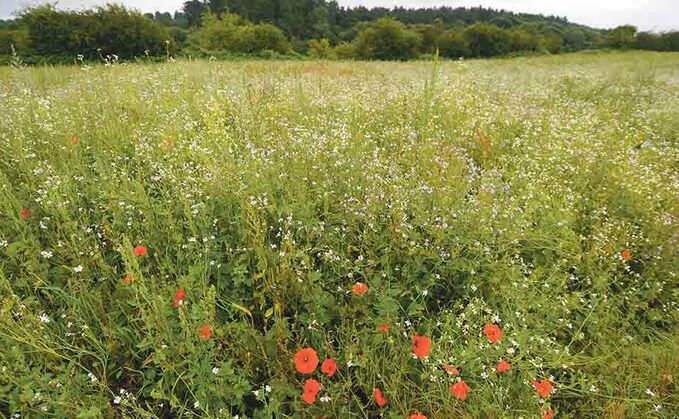
Options which include sowing bird and pollinator mixtures; establishing green cover by broadcasting seed into wheat prior to harvest and allowing low lying land to flood/create sediment ponds for storm water, have been suggested for the Environment Land Management scheme (ELMS) by a farm taking part in trials for the scheme.
Northumberland Estates was invited to take part in 13 ELMS test and trials. These are to test or trial an element of the future scheme. Fifty-two farmers farming 63 holdings covering approximately 13,000 hectares were involved, explained Fiona Tweedie of ADAS, who was involved in the project.
Speaking at a Cereals Live webinar she said: "The first stage was to map the features that could deliver public goods: a register of assets. The next stage was to work up the interventions and payment rates.
"We mainly focused on biodiversity, water quality and carbon sequestration through increasing soil organic matter."
Ms Tweedie said farmers would like to see flexibility over timings for establishing and management of options to take account of local conditions, weather and the environmental priorities in any forthcoming ELM scheme.
"We were also keen that payment rates could reflect the success of delivery of the options not just a one size fits all payment for going through the motions," she added.
Environmental measures
Stephen Siddom, farm manager, Percy Farms which includes 2,000ha arable land comprising combinable cropping plus 12-month fallow/cover crops and is managed in hand by Northumberland Estates, explained environmental measures the farm currently has in place.
"We don't use insecticides, undertake mosaic cropping, use no spring broadleaf herbicides around the outside 10m of fields and have extensive 6m grass margins and 6m cover crop/game strips.
"We have 12-month fallow stubbles and cover crops to promote pollinators and wild birds.
"Many species benefiting from the diverse environment e.g. lapwing, curlews, bees and many different insects."
Following the ELM scheme test and trials, Mr Siddom proposed five options which included: autumn-sown bumblebird and pollinator mixtures; bee keeping on pollen rich areas in collaboration with local bee keepers; establishing green cover by broadcasting small seed into wheat prior to harvest; grass buffer strips of at least 6m to protect watercourses and minimise soil erosion and; incentives to improve drainage on productive land and to allow low lying land to flood/create sediment ponds for storm water.
He added: "We think that there is great potential for Percy Farms and other arable farmers to deliver significant public goods/environmental outcomes, which benefit the farm business practically and financially. We hope that Defra is able to take on board some of the input from the test and trials."







